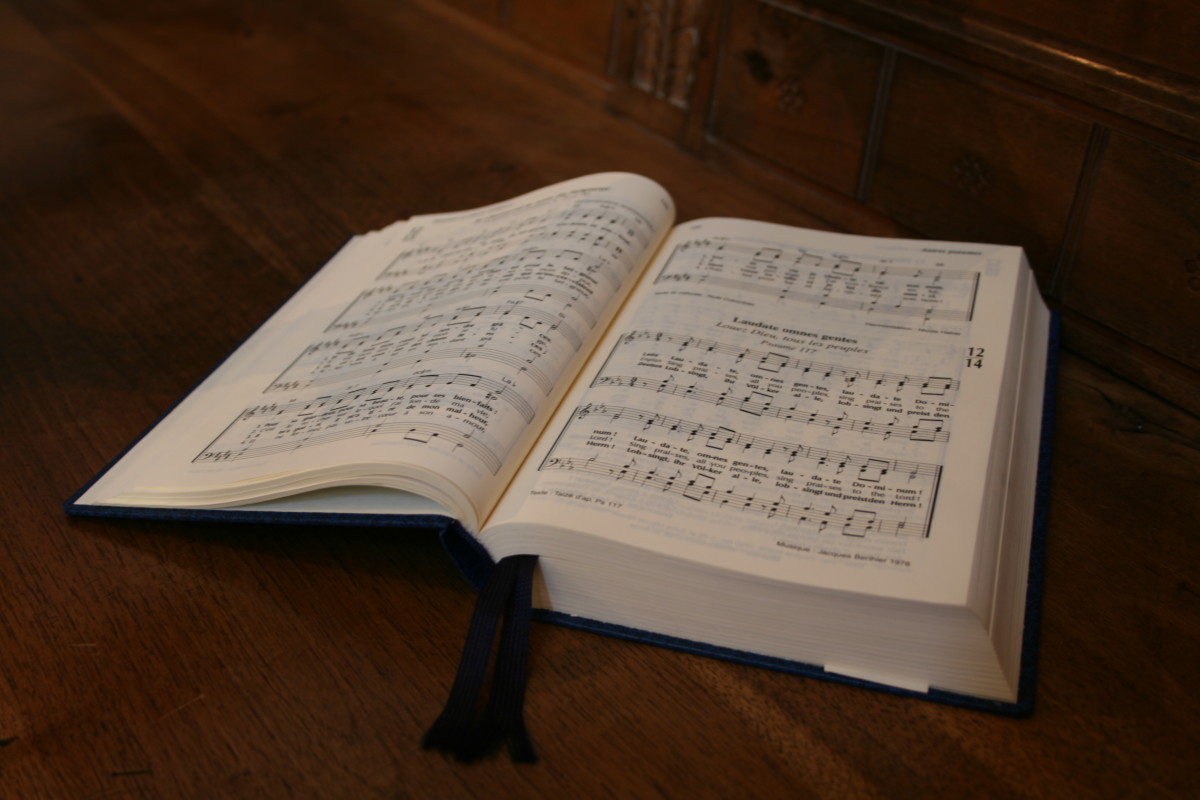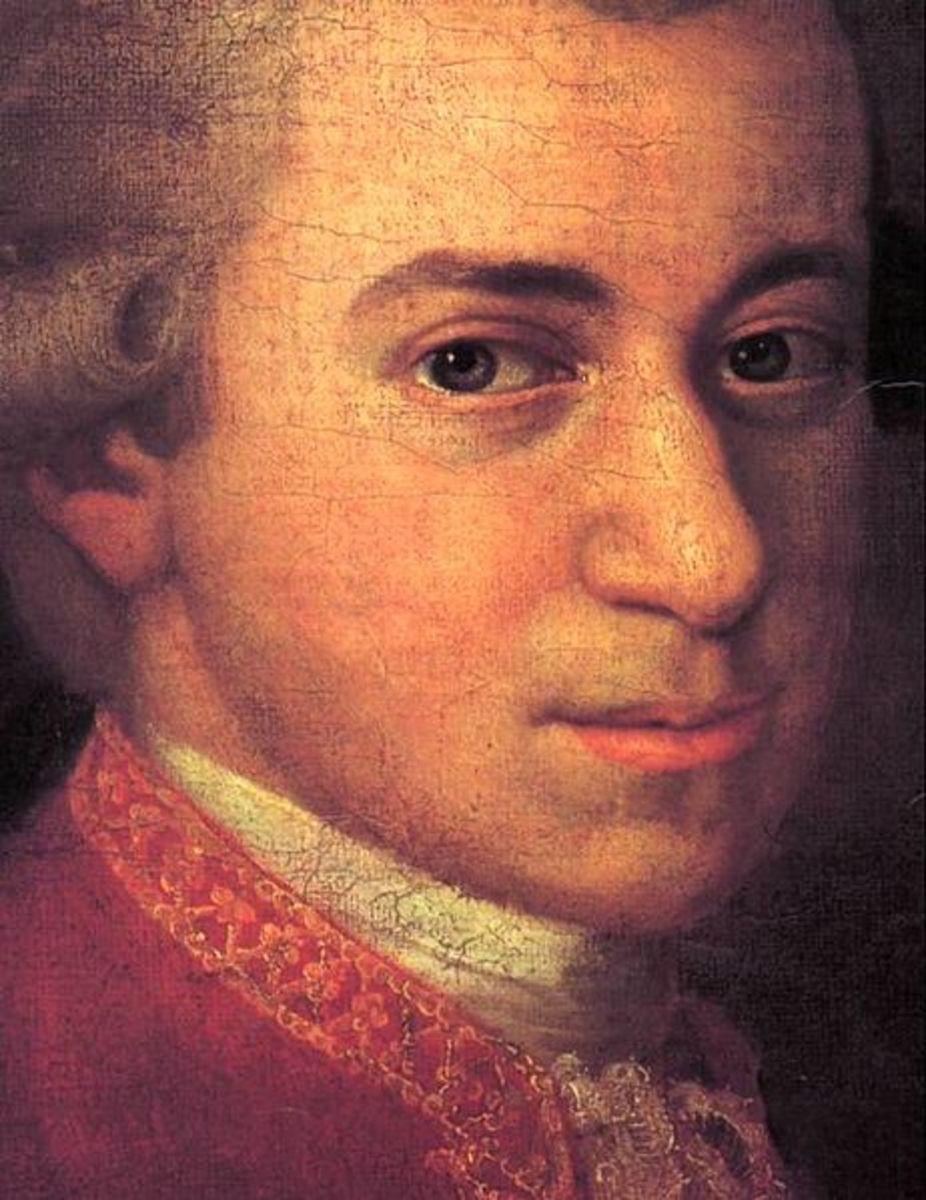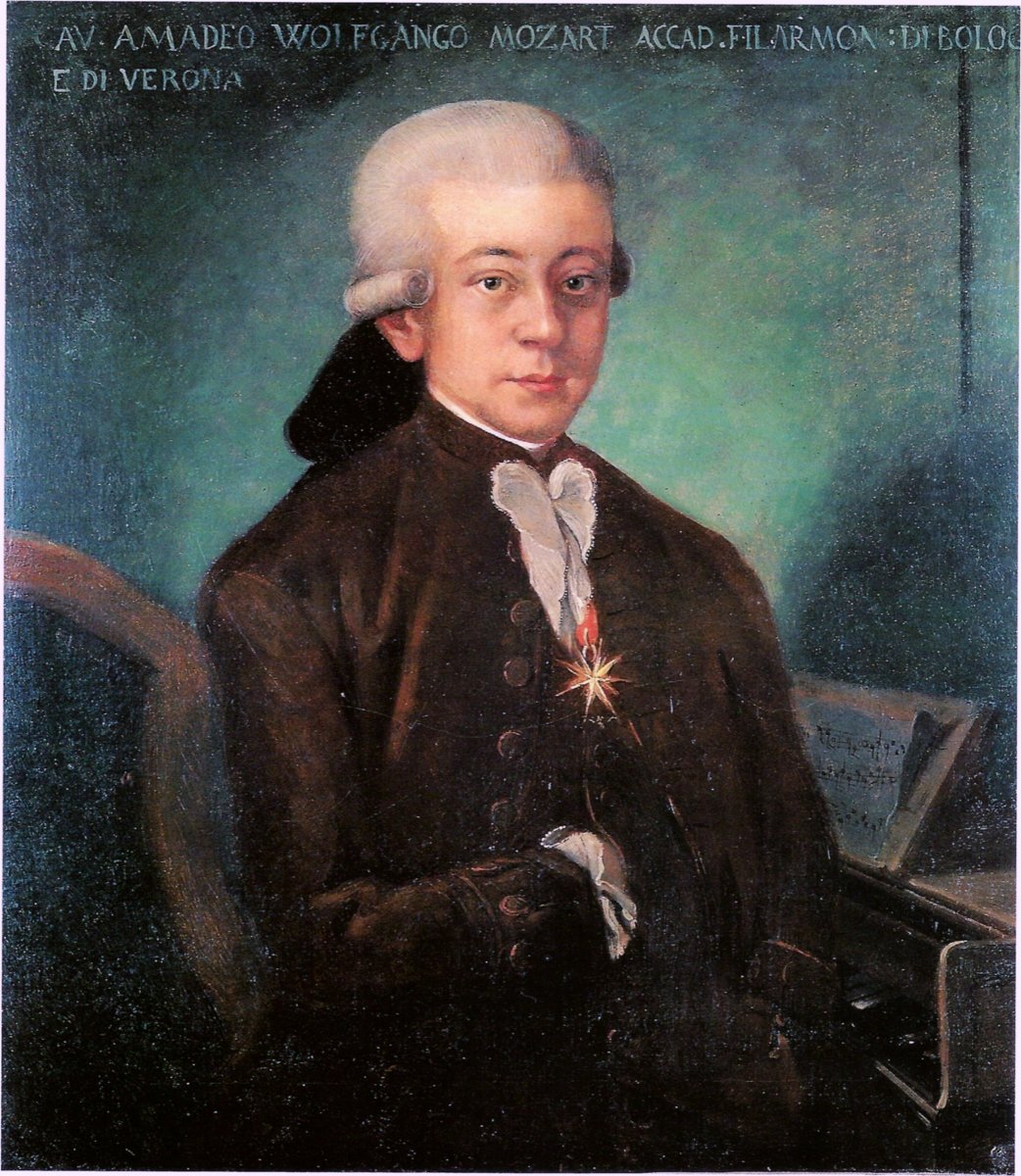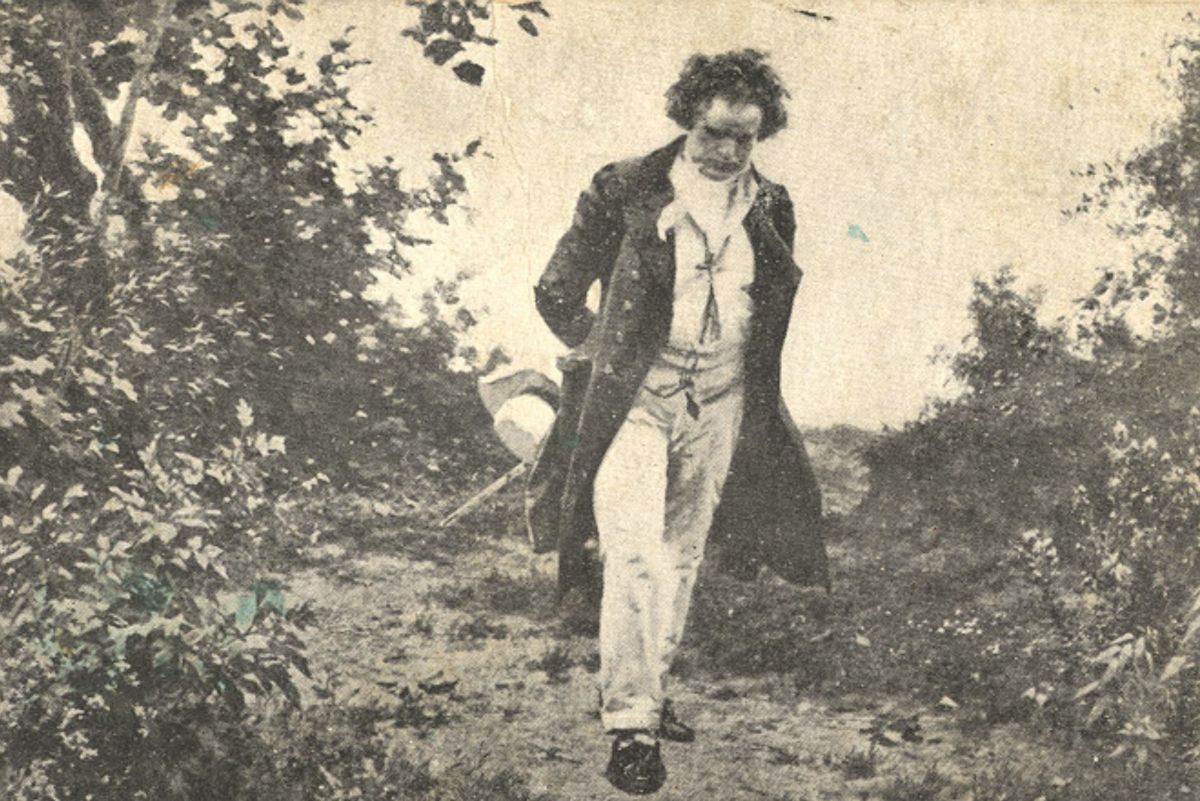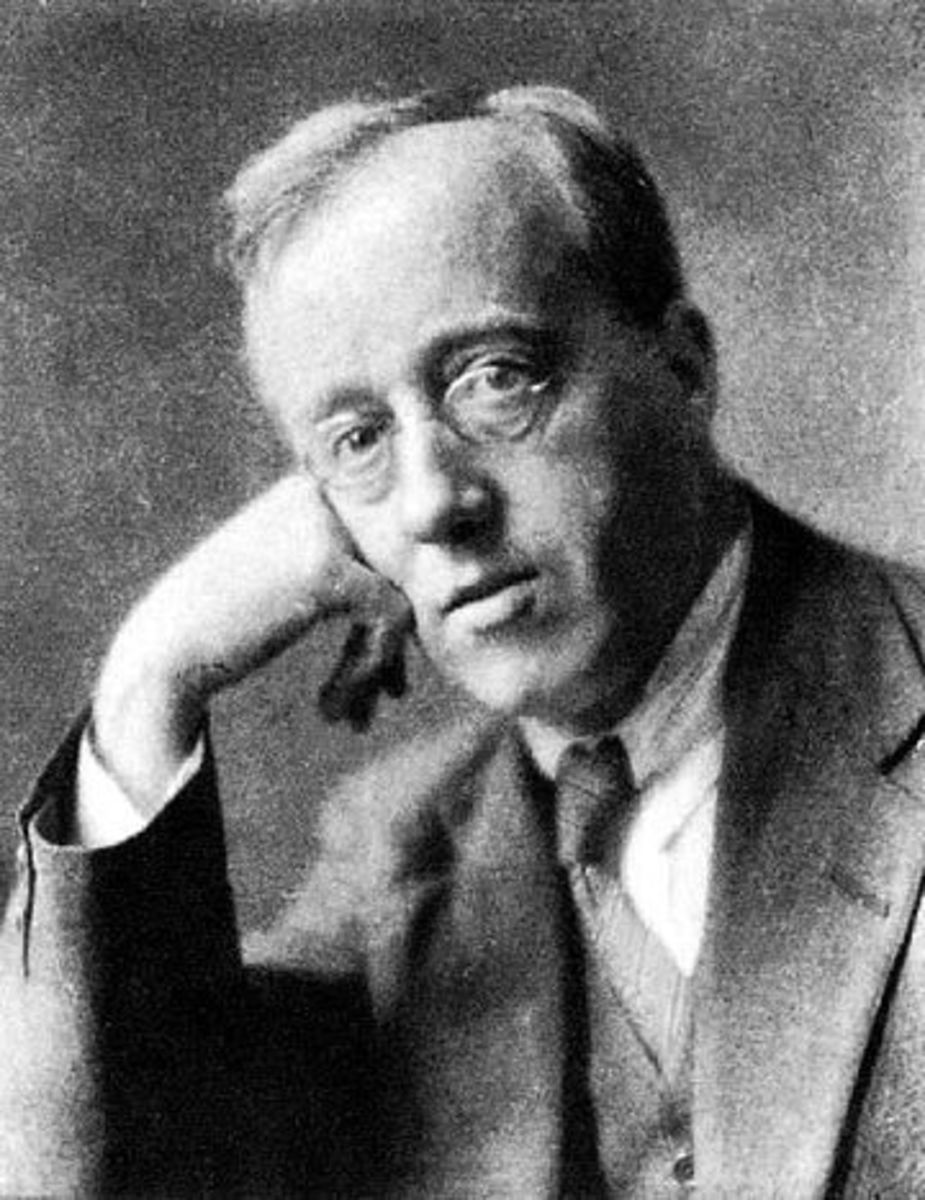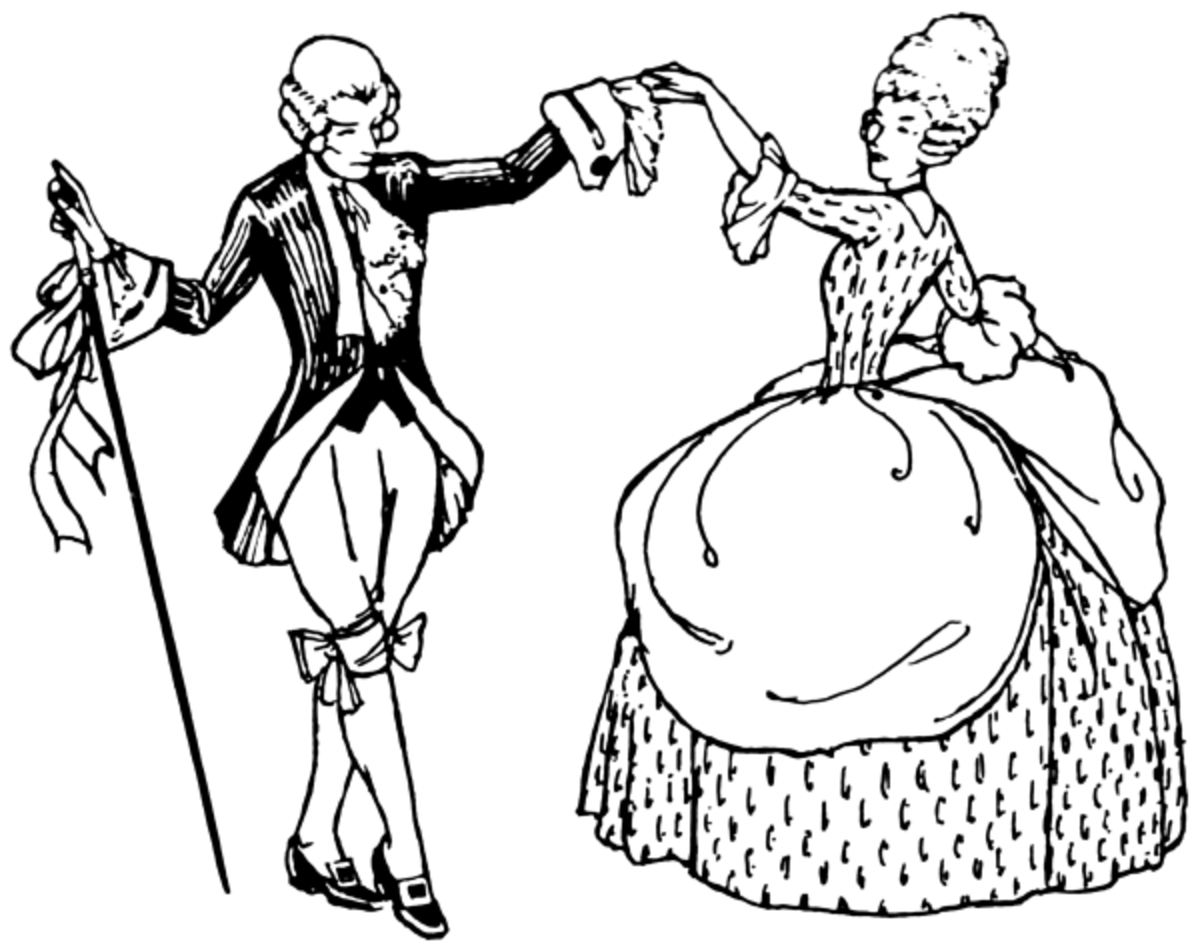Famous Piano Concertos
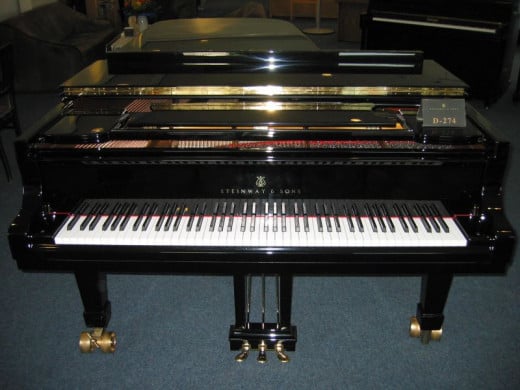
Beloved Concertos for Piano and Orchestra
A concerto is typically a work for solo performer, accompanied by an orchestra. The orchestra can vary in size depending on when the concerto was written - i.e. Baroque and Classical Period orchestras are usually smaller than the orchestras used in the Romantic Period/early 20th century.
Since its inception, the concerto has been a vehicle for virtuoso performers to show their audiences just how great of an instrumentalist they are. During the Baroque Period, the so called Concerto Grosso - Italian word for great, meaning more than one soloist - was as common as the concerto with a single solo performer later on throughout the Romantic Period. Liszt and Paganini have been called the greatest solo performers of all times, and they both wrote concertos for their perspective instruments to play for their immense public - Liszt piano - Paganini violin.
There are two types of piano concertos: there are piano concertos written by composers who were not great pianists; there are piano concertos written by composers who were great pianists. Nevertheless, most great composers were also exceptional pianists ( - Berlioz, Dvorak, Elgar, Sibelius, and a handful of others being an exception to the status quo.)
I'm only discussing concertos from the Romantic Period, because they're the most popular of all. (some might argue if Beethoven and Rachmaninoff should be mentioned here, since Beethoven, although father of Romanticism, was a classical composer himself; and, Rachmaninoff, was born in the late 19th century and thrived during the 20th century or modern period. Nevertheless, these two composers are extremely popular with the public, so I felt it important to list their piano concertos in this article otherwise reserved for composers of the Romantic Period.)
Rachmaninoff - Piano Concerto No. 2, composed between 1900-1901
This is probably the most famous piano concerto ever written. It's so famous, that it’s difficult to keep track of how many songs have been inspired by it. Next to Liszt, Rachmaninoff is one of, if not the greatest pianist/composer in the history of music. One of the fun things about playing a piano composition by a great pianist/composer, is that it’s going to be extremely challenging. This piece is a must listen to, for anyone who is new to the world of classical music....
Evgeny Kissin is one of the great living pianists today. And here he is performing Rachmaninoff's Piano Concerto No. 2
Evgeny Kissin performing the Rachmaninoff 2nd
Tchaikovsky - Piano Concerto No. 1, composed between 1874-1875
Another famous piano concerto...one of the things which makes Tchaikovsky unique, was his approach to composition. Years ago, it was unheard of for a scholar to mention his name alongside Beethoven or Brahms. However, Tchaikovsky did something that neither Brahms or Beethoven did. He was one of the first famous composers not to have been a great performer. He was only a “composer” and nothing else. Performing was not something that interested him in any way. He had to conduct his own works sometimes, but he was a below par conductor, and cared little for the art. As a result, Tchaikovsky was the first modern composer in the sense of the word. He woke up in the morning at around 6:00 AM, and wrote music all day long until sunset. He never cared to excel in any instrument - his only focus in life was composition. It was Hans von Bulow that made this composition famous. The famous Boston, Massachusetts performance of the work in 1875 was a smashing hit. Tchaikovsky’s teacher Rubinstein, told him to burn the work for it was worthless. Guess who got the last laugh? To date, this is one of the most famous piano concertos ever written.
Here's one of the greatest female pianists of the 20th century, Martha Argerich, performing this famous piano concerto.
Martha Argerich performing Tchaikovsky's Piano Concerto No. 1
Chopin - Piano Concerto No. 1, composed in 1830
Chopin was one of Europe’s greatest pianists while he was alive; nevertheless, Chopin rarely played in large concert halls like Beethoven, Liszt or Mendelssohn did. The accounts we have of Chopin’s pianistic prowess, comes from the aristocracy, whom he performed numerous times for. Furthermore, Chopin’s concertos are usually thought of as second rate to his solo piano music. The second movement of this concerto is exquisite to say the least. If you enjoy Chopin’s nocturnes, then the slow movement of this work is a must for you; his second piano concerto is quite lyrical as well.
Here's an incredible performance of the second movement of this work by none other than the 2010 Chopin Competition winner: Yulianna Avdeeva
Yulianna Avdeeva performing the II movement of the Chopin No. 1
Beethoven - Piano Concerto No. 5 aka "Emperor Concerto," composed between 1809-1811
You cannot have a list of famous piano concertos and omit this one. Few composers know how to write a slow movement like Beethoven did - the slow movement of this concerto is remarkable to say the least. The other movements are a real treat as well. Beethoven was a piano virtuoso, so this work is a challenge for most performers. The work has remained a staple in the piano repertoire since it was composed 200 years ago. Both Mendelssohn and Liszt both performed the work often throughout their lifetimes.
Greig - Piano Concerto, composed in 1868
Why try again when you got it right the first time? “The Grieg Piano Concerto,” as it’s known amongst musical circles, is one of the most beautiful concertos ever written. The slow movement is gorgeous - it’s full of cues from both Beethoven, Chopin, and Schumann. The “Big Tune” finale is probably the most famous of all the movements. The work was a hit when it was first performed in Copenhagen, 1869.
.
Liszt - Piano Concerto No. 1, composed between 1830-1849
Another relatively famous piano concerto. For having been considered the greatest piano virtuoso of all times, it’s surprising to note that Liszt’s concertos (Chopin's as well) are not as popular as you’d expect them to be. This is Liszt’s most famous piano concerto. This work might pale by comparison next to Beethoven’s Emperor concerto; nevertheless, the work is full of fresh/innovative musical ideas, some of which later composers such as Strauss, Mahler and Stravinsky would emulate from Liszt. Liszt was the creator of the cyclical concept in music - reusing and altering themes from one movement into another. All being said, the work is a virtuoso showcase of the piano concerto repertoire.
Here's the great pianist Lang Lang performing this difficult work of Liszt in London's Albert Hall. The narrator is also great to hear at the end of the performance explaining Liszt, Lang Lang, and last by not least: "Tom and Jerry" cartoon.
Lang Lang performing the Liszt No. 1
Mendelssohn - Piano Concerto No. 2, composed in 1837
This composition is a must for people who enjoy hearing different periods of music all rolled up into one. Mendelssohn was one of the most outstanding musicians that has ever lived. He was a gifted writer, painter, pianist, organist, conductor and composer - there was little he wasn't good at; an all around brilliant individual! The slow movement of this piece is exceptional - another piano concerto that doesn’t get as much attention as it should.
Here's the great Rudolph Serkin at the piano in a performance of this lovely concerti.
Rudolph Serkin performing the Mendelssohn Piano Concerto No. 2
Brahms - Piano Concerto No. 2, composed between 1878-1881
This is a marvel of musical composition. But then what work of Brahms isn’t? It’s tightly knitted and constructed - eloquent from the very first note to the last. Brahms was a great pianist, however, rumors have it are that he lost his pianistic touch towards the end of his life. The work is monumental to say the least. It’s one of the longest piano concertos ever written. The second movement is the most famous of all the movements. The third movement (slow movement) is a gem of musical literature. The work is in four movements. This piece is usually included amongst famous piano concertos because of its second movement which has been played to death!...
Here's Daniel Barenboim at the piano performing the Brahms Concerto No. 2
Daniel Barenboim performing the Brahms Concerto No. 2
Schumann - Piano Concerto, composed in 1845
Schumann set out to become a great pianist, but as the result of a hand injury was forced to give up his dreams of becoming a virtuoso. This piano concerto is one of the most exceptional ever written. Yet, has always taken a back seat to other piano concertos. The work is groundbreaking and refreshing, even if most audiences prefer a Rachmaninoff concerto over this one. Even years after Schumann’s untimely death, the work had to struggle in order to gain popularity with the general public.
Here's the legendary pianist Alfred Brendal performing this great work.
Alfred Brendal performing the Schumann Piano Concerto
Final Thoughts
These are famous and revered piano concertos that are a must listen for anyone who enjoys classical music.

